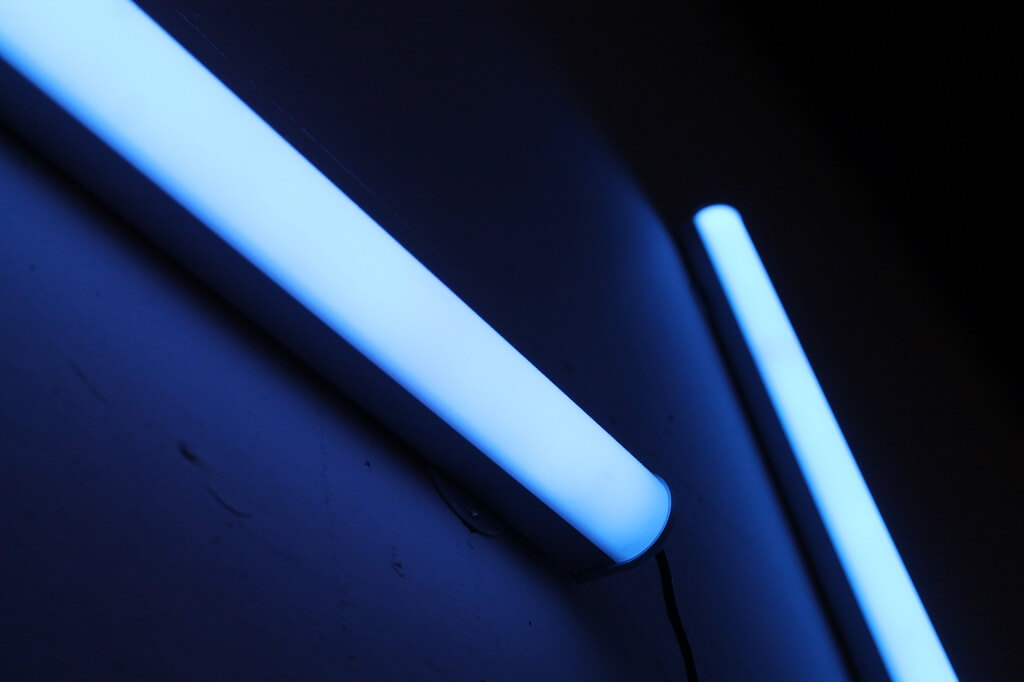Are UV Purifiers Safe?
The use of ultraviolet light to disinfect water is completely safe. No harmful chemicals are used, and the chemical composition of the water is not changed. UV-C light is used for disinfection in a UV sterilizer. Humans, like microscopic creatures, are sensitive to UV-C radiation. However, you are not in danger of being exposed to the radiation unless you touch or look at the UV lamp while it is on.
Although chlorine treatment is an alternative to UV treatment, UV treatment is far safer. Ultraviolet light is used to treat the water to kill protozoa that chlorine disinfection cannot kill. Chemical disinfectants are much more difficult to maintain and use than a UV system. Water treatment with chlorine requires the use of a containment basin and precise injections and solutions. UV water treatment is now used in many wastewater treatment plants to remove harmful chemical byproducts from chlorine or chloramine treatment.
Are UV Purifiers Effective?
UV sterilizes water in a very short time. 99.99 percent of living organisms in water are inactivated by UV disinfection. They are designed to run indefinitely to ensure that the water you use is always safe. Since a UV purifier is not a filter, there is no wastewater or debris to remove. The UV system purifies every drop of water that enters the system.
UV Water Purifiers vs. Water Filters
Reverse osmosis systems, ultrafiltration systems, carbon filters, and ceramic filters all use tiny pores in a filter or membrane to remove impurities from water. A UV water purifier, unlike water filters, does not remove particles from the water. UV treatment purifies water by exposing living organisms to ultraviolet light instead of filtering them out. A UV system removes bacteria and viruses better than a water filter. To obtain clean water, UV disinfection is used in conjunction with water filtration systems.
Is UV Necessary for A Water Filter?
A water filter does not require UV purification, but a water filter is required before a UV system. UV systems work best when the water is clear. Therefore, at least a five-micron pre-filter is required to prevent living organisms from hiding behind loose particles. A sediment filter or water softener can be used as a pre-filter to remove dirt and debris from a well water. On its way to the house, the water passes through a UV purifier as the last stop.
Advantages of A UV Water Purifier
- Chemical-free sterilization. Unlike chemical disinfectants, ultraviolet wavelength leaves no byproducts in the water.
- No additional taste or odor. UV disinfection does not affect the chemical composition of the water in any way.
- Hassle-free maintenance. The most common maintenance requirement is the annual replacement of the UV lamp.
- No water is wasted. No water needs to be discharged down the drain during UV treatment.
- Safe storage during natural disasters. A UV system protects your drinking water when city water is contaminated.
Disadvantages of A UV Water Purifier
- No removal of impurities. Only living organisms are deactivated by UV, so the system needs pre-filtration to remove all loose particles.
- Heats the water. When there is no running water and the water remains in the chamber, the UV lamp heats the water.
- No operation during a power outage. Operation of a UV system requires the use of electricity.
When to Use A UV Purifier
If your water contains bacteria or you want extra protection in case of a natural disaster, UV purification is the best option. Water is already contaminated when your municipal water company issues a boil water notice. If your water supply is contaminated, a UV system will keep your water free of harmful viruses and pathogens.
If you do not disinfect your water with chemicals, you will need a UV water purifier if you have a private well or your water is stored in a storage tank. The well owner is responsible for removing bacteria from the water, and the most effective way to do this is to treat it with UV light. For well water prior to UV disinfection, a Rusco spin-down filter is an excellent pre-filter.
UV Water Purifiers for Your Home
UV systems are POE (Point-of-Entry) systems, meaning they are installed before the water enters your home to purify the water throughout your home. In most cases, normal household pressure is sufficient to run a UV system.
UV water purifiers come in different shapes and sizes. The size of UV system you need will be determined by the flow rate of your water. Using sizing based on flow rate allows the water to stay in contact with the germicidal wavelength long enough to be effective. UV systems come in different price ranges, just like their size. A UV system for a home typically costs $700 to $1,200.
UV Water Purifiers for Travel
Portable UV water purifiers are ideal for backpacking, camping and international travel. The Viqua Steripen sterilizes water in less than a minute without exposing you to UV rays. Handheld UV water purifiers are available as a standalone unit or as part of a package that includes a sediment pre-filter for water with lots of dirt and debris.



